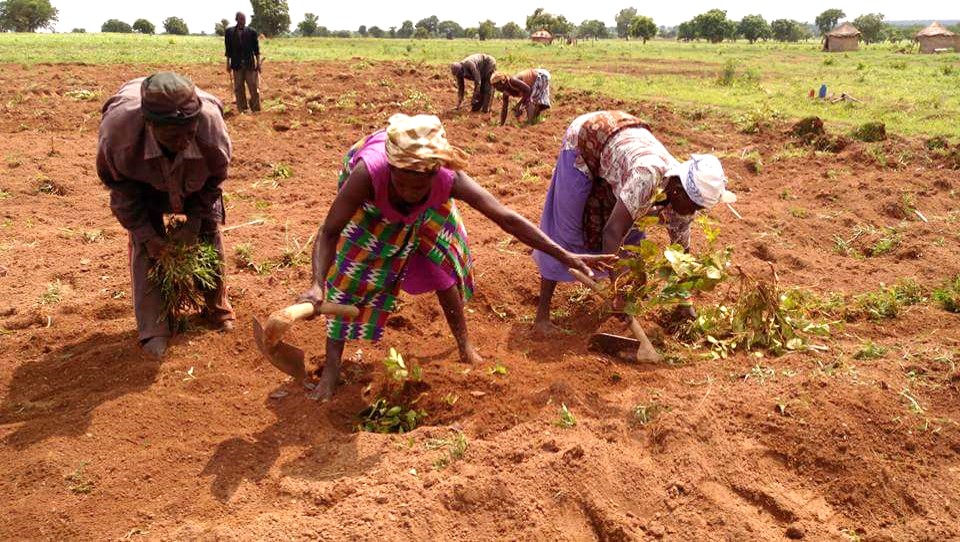
Women and children in complex emergencies are at high risk for malnutrition, poor health outcomes, and food insecurity. USAID Advancing Nutrition set out to better understand how nutrition-sensitive agriculture contributes to improved outcomes through research with two USAID activities, a qualitative and quantitative study in the Far North Region of Cameroon and a secondary data analysis in South Sudan.
From both of these studies we found that:
- Agricultural interventions in complex emergencies can increase women’s dietary diversity through both food production for consumption pathways and income generation pathways, particularly when designed with a nutrition-sensitive focus.
- Support for complementary feeding should be considered as an intervention to increase the percent of children meeting minimum dietary diversity.
- Several household and external factors were associated with dietary diversity and should thus be considered in project design.
- Intentionally designing nutrition-sensitive agriculture interventions in complex emergencies may help to improve women’s diet diversity for those who are able to make use of these resources.
- The influence of social support on dietary diversity requires more research, but findings suggest that maternal social support and social cohesion may be important considerations in project design.